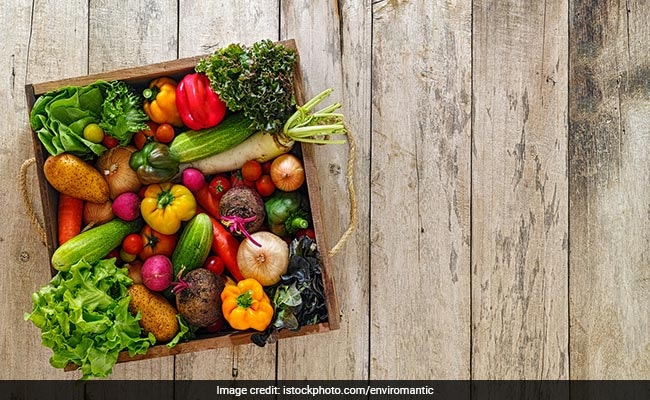
- Sikkim government just won award at the "Oscar for best policies"
- Sikkim is the first state in India and the world to go fully organic
- Sikkim's CM Pawan Kumar Chamling recieved the award in Rome
When it comes to sustainable food practices in India, Sikkim has been leading the way in the subcontinent, for years now. Finally, the United Nations has taken cognisance of the state's efforts towards making sustainable practices mainstream. The northeast Indian state just received an award from the Food and Agriculture Organisation, for the world's best policies promoting "agroecological and sustainable food systems". Sikkim beat 51 nominated policies from 25 different countries of the world to win the Future Policy Award 2018. The Chief Minister of Sikkim Pawan Kumar Chamling received the award from the Deputy Director of UN's FAO Maria Helena Semedo in Rome on Monday.
The award is nicknamed the "Oscar for best policies" and is co-organised with the FAO by The World Future Council (WFC) and IFOAM - Organics International. Semeda was all praise for Sikkim during the award presentation on Monday and said, "Sikkim is an outstanding example on how to successfully transform the food system and ensure respect for people and planet". The award recognised the state's leadership and political will to lead by example. She added that Sikkim's transition to a fully organic state "has benefited over 66,000 family farmers, reaching beyond just organic production to include socioeconomic aspects such as consumption and market expansion, rural development and sustainable tourism with its comprehensive and inclusive approach".
She also professed the benefits of 'chemical-free farming', while Sikkim's CM Mr. Chamling extended an open invitation to the world, saying: "Let us build an organic world together." He added by saying, "An organic world is definitely achievable. I also appeal to the world community that we do not carry out any kind of development work and business at the cost of the environment." Several other Indian states, including Kerala and others in the northeast of India are trying to follow in the example of Sikkim. Mr. Chamling stressed on the importance of including the young in the process, saying that many educated and young farmers of the state developed marketing strategies which allowed Sikkim's produce to be sold in Delhi and Bengaluru.
Mr. Chamling has earlier equated organic farming with non-violence. The award is in recognition of the policies adopted by the state government, starting with a political commitment to organic farming, way back in 2003. The state then devised the 2010 Sikkim Organic Mission and a strong commitment of the government, lead to the state becoming fully organic in 2016.
(with IANS inputs)
Track Latest News Live on NDTV.com and get news updates from India and around the world

